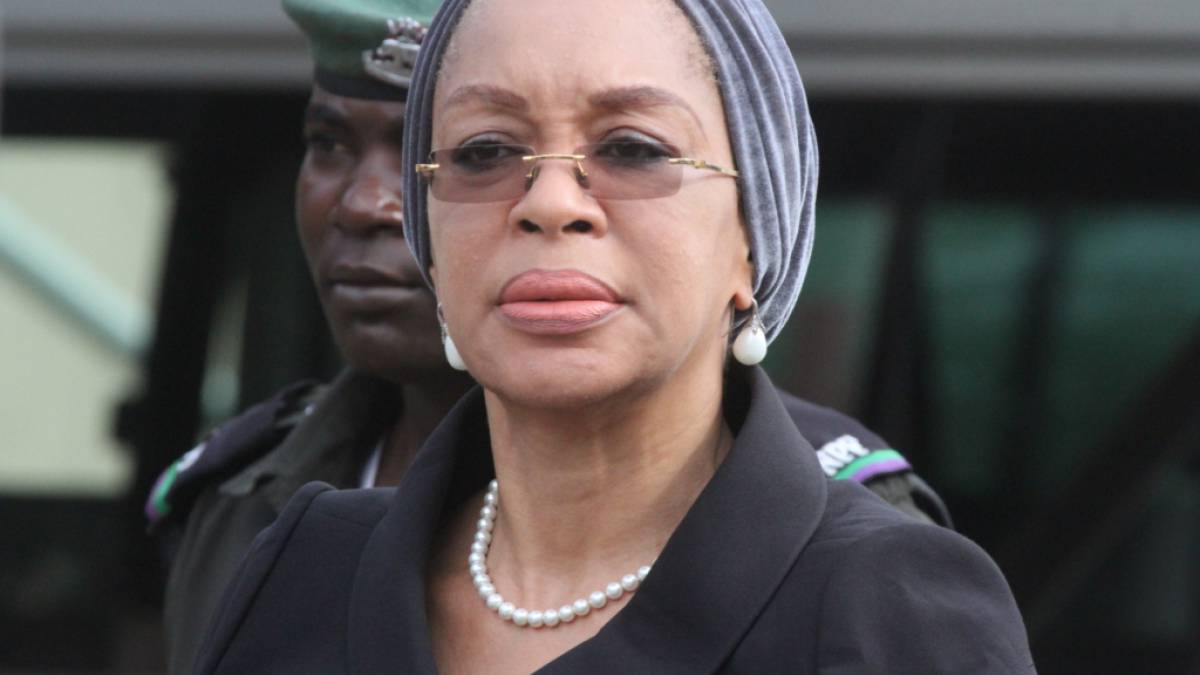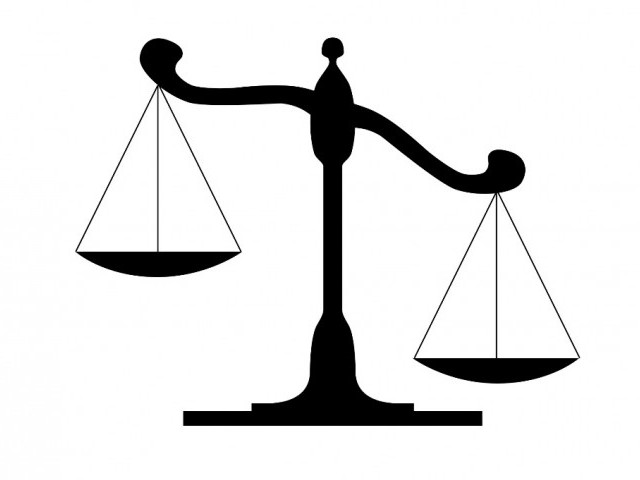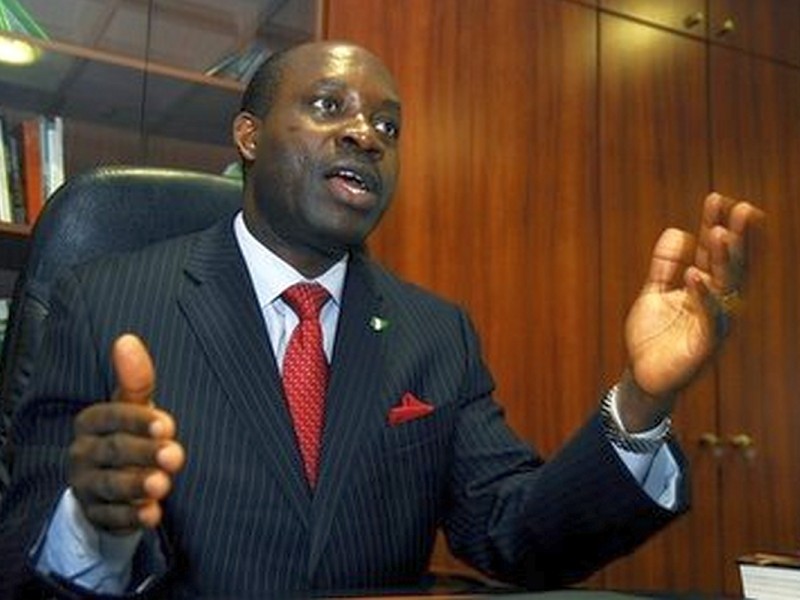Judges Not Barred From Collecting Gifts By Law – Defence Counsel
A lead defence counsel in the ongoing trial of a Federal High Court judge, Justice Rita Ofili-Ajumogobia, Chief Robert Clarke, SAN, Friday said the law does not preclude judges from receiving gifts in line with the National Judicial Policy of the country.
Judges Clarke also said there is a difference between a judicial officer and public officer, reiterating that the law classifies judicial officers as “special specie”.
The lawyer made the assertion while cross-examining a prosecution witness, Mr Lawal Abdullahi during Ajumogobia’s before Justice Hakeem Oshodi of an Ikeja High Court.
Ofili-Ajumogobia is standing trial alongside Mr Godwin Obla (SAN), a former prosecutor for the Economic and Financial Crimes Commission (EFCC).
Clarke who leads the defence team for Ofili-Ajumogobia said, “A judicial officer is regarded as a ‘special specie’ under the law.
“In line with the National Judicial Policy, a judicial officer is allowed to receive gifts and the type of gifts are not specified under the policy.
“The law does not define it, the law does not forbid it, a judicial officer is different from a public officer.
“The definition of a judicial officer is well spelt out in the constitution and the definition of a pubic officer is in the Code of Conduct Act,” he said.
Abdullahi, an investigator with the Economic and Financial Crimes Commission (EFCC), however, maintained that such gifts is limited to souvenirs given out during celebrations.
“I’m only aware of customer gifts like souvenirs during celebrations like new year and Christmas,” he said.
Abdullahi during the cross-examination admitted to the court that he did not read the Nigerian Constitution and the Code of Conduct Act to read the definition of a judicial officer and a public officer during his investigation of the judges.
He told the court that he never cautioned the judge when invited her to the EFFC via phone conversation for interrogation that whatever she said in the phone call will be used against her in court.
The EFCC alleges that Ofili-Ajumogobia in a bid to avoid the interrogation, lied that she was admitted in the Goldcross Hospital, Ikoyi, Lagos.
Abdullahi, responding to Clarke’s questions, told the court that he did not investigate the earnings the judge acquired during Ofili-Ajumogobia’s private legal practice before she joined the bench.
The EFCC investigator said the anti-graft agency did not invite Mr Abdullahi Dikko, the Comptroller-General of the Nigerian Customs Service (NCS) to explain the alleged unlawful sum of N12million paid into the judge’s bank account by the NCS.
“I did not see Mr Dikko, though I did not see him, I saw the written note from him which instructed a NCS staff, Mr Musa Tahir to effect payment into Justice Ofili-Ajumogobia’s account,” he said.
Abdullahi also admitted that the EFCC never used a forensic expert to verify the anti-graft agency’s claims that the judge forged a document. Earlier, the EFCC investigator, while being led in evidence by Mr Rotimi Oyedepo, the EFCC lead prosecutor had told the court how the NCS had unlawfully paid N12million sourced from 12 commands in the country into the judge’s bank account.
“Three deposits totalling N12million were paid into the Nigel and Colive bank account belonging to Justice Ofili-Ajumogobia from Mr Omale Musa, a customs officer’s FCMB account.
“The N12million was not part of the lawful earnings of the first defendant. They were sums being paid by various Comptrollers of Customs into Musa’s personal account. “Musa was invited by the EFCC for questioning and when we confronted the first defendant (Ofili-Ajumogobia), she said it was for the purchase of land at Rita Ajumogobia St., Asaba.
“When we confronted Musa, he said that it was Mr Abdullahi Dikko, the Comptroller-General of Customs, who gave the instructions for the transfer.
“When we confronted him with the first defendant’s statement, he said that he has never been to Asaba.
“We took the first defendant to Asaba to trace the property but it was never found. “Our findings was that there was no business relationship between Nigel and Colive and the NCS regarding the N12million paid into the first defendant’s account. “It was not the legitimate earning of the first defendant from her employer, she’s also the sole signatory to the Nigel and Colive account,” he said.




